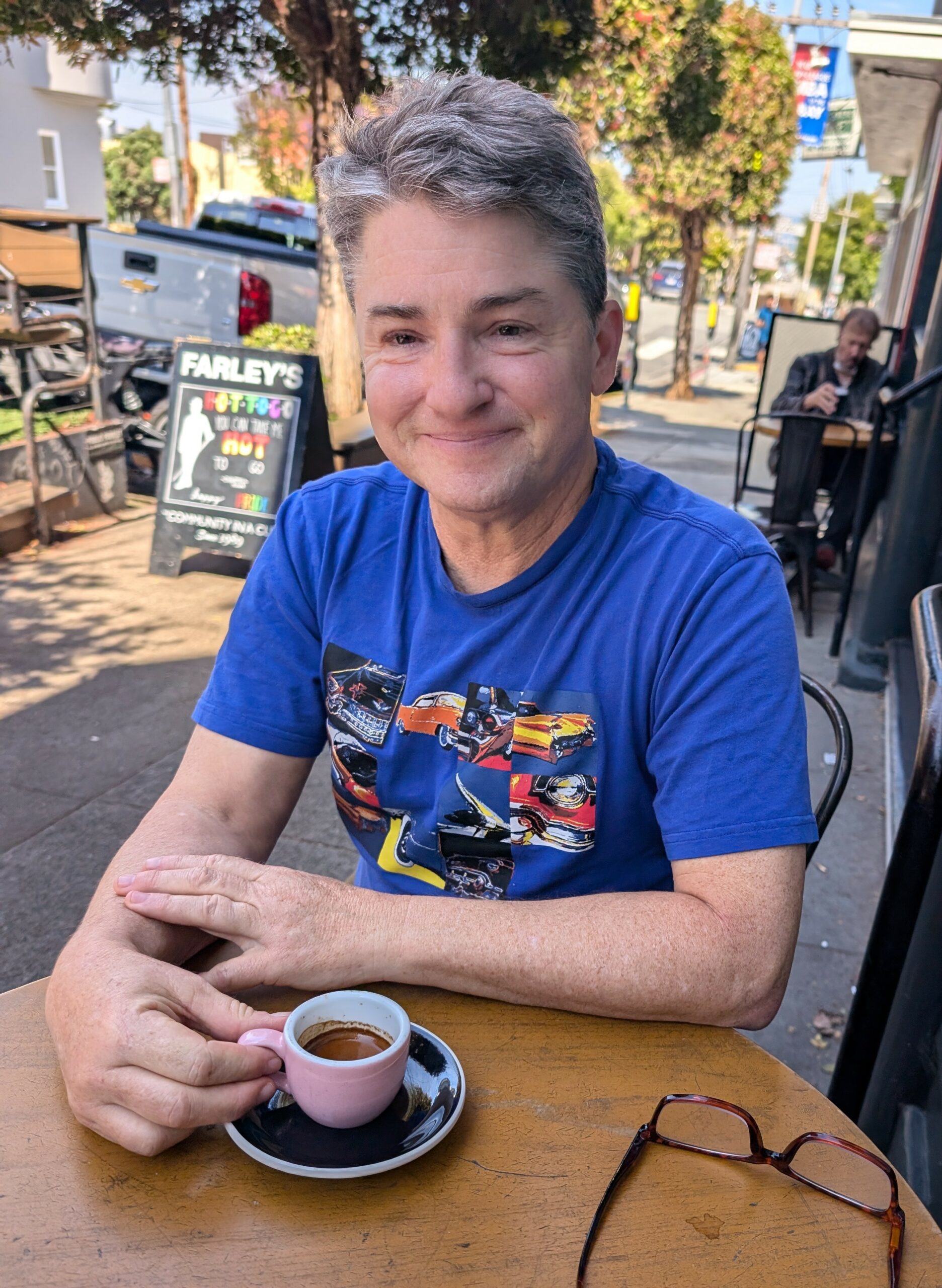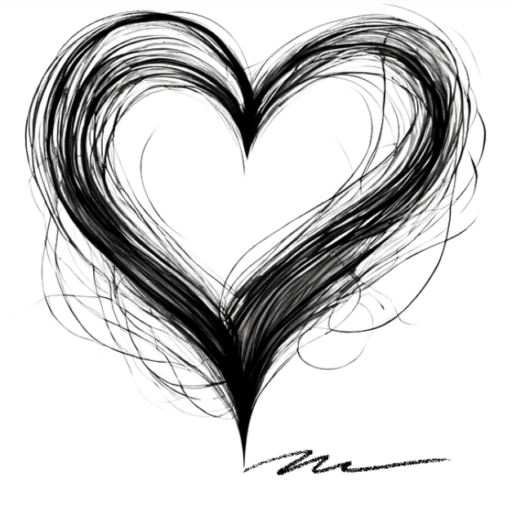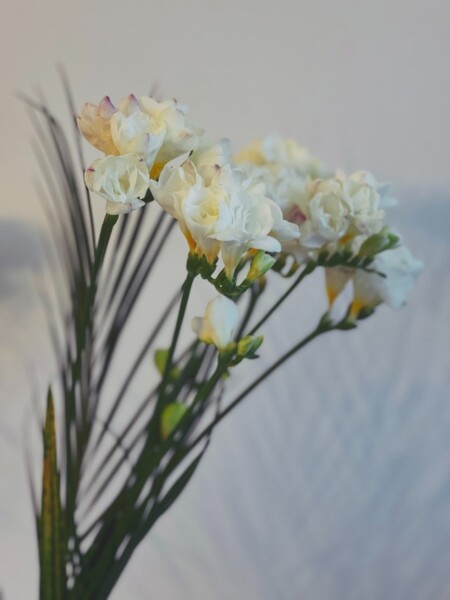The Return of The Garden
Even before my daughter Isabel died, my spouse and I were struggling. We seemed incapable of working through anything.
Karen was downstairs when I took that awful phone call, coming upstairs to kneel beside me as I moaned, “No, no, no.” They drove me to Isabel’s mom’s house, where the fire engine parked outside made it real. Karen walked beside me when I forced myself to walk into Bel’s bedroom, to see her corpse laid out on the ground, mottled and turning cold. Karen quietly stood by while Isabel’s mother cried and spoke lovingly to what remained of our once vibrant, funny, fierce daughter. I remember Karen holding me as we waited in the next room while the coroners took her body away forever.
Karen and I had married only seven months before Isabel died, and I had converted to Judaism only a couple months before that. I spoke no Hebrew. I knew almost nothing about the rituals surrounding death and mourning. Karen walked me through everything. I recited the Mourner’s Kaddish, the words unfamiliar and coming too quickly. The rituals grounded me, perhaps saved me, and I thanked God who must have seen what was coming and prepared for me a safe harbor.
Karen fed me and kept me company those first awful months. Winter came. It was the kind of winter that people will talk about for years. Atmospheric rivers brought record rain and the cold was relentless. The darkness was relentless. I struggled and at times I felt I would not make it. I wished to join my daughter in death.
Finally, something shifted. Occasionally, I would feel some tiny spark of the drive that once powered me. But when those days came, I was confronted again with the brokenness of our marriage. I wondered whether it was time to grieve again, so soon after losing Bel. Karen didn’t trust me, and my efforts and attempts to make amends had probably only made things worse. So much had been lost. Major issues had gone unaddressed. We fought terribly. There were contradictory signs though. Sometimes Karen would smile at me or kiss me deeply. They seemed to enjoy my company.
It was then I asked Karen if they would be willing to do a new D/s contract. Even for a week. For whatever reason, Karen said yes. Our time together became sweet, in a fragile kind of way. We addressed some of our problems, haltingly and imperfectly.
Eventually the sun came back, and the days lengthened. We ventured out to the neglected garden. Many plants had been battered down to the ground by the storms. Others had died or had been chewed up by the frost. We weeded, pruned, trimmed, bought some new additions. And then the thing that seemed miraculous, but was not, happened. The garden exploded.
It started with the ceanothus and freesia. Plants that had been small nubs sent up shoots and leaves, lush and vigorous. Vegetation spilled over the sidewalk, competed for space, sprawled across the mulch. Buds appeared in unbelievable profusion. The roses produced stalk after stalk, their new leaves fat and glossy. Mint crawled across the empty spaces, trees bloomed and set fruit. More blossoms arrived, blue and gold and red. The poppies bloomed and fell over from the weight of the life carried within them. The garden was an absolute riot of color, smells and pulsating, relentless life. Unstoppable life, not open to negotiation or compromise.
The bees returned, honeybees and fat shiny carpenter bees. Some bees were so large and heavy that their flight seemed to defy the laws of physics.
And the birds! The usual hummingbirds returned, but now new ones joined us. Bluebirds, perched on the mailbox like a postcard. Goldfinches, flickers, all kinds of little fat birds, crows. An occasional phoebe. The honeybees that had abandoned us (probably due to neglect) returned to the hive. They left again, but the hope of the bees’ return, with the promise of sweetness and abundance, stayed with me. There was no dissuading life as there was no dissuading death. And maybe there was no dissuading love.
I returned to the strange invitation I had felt from God a few months earlier, to try the Jewish laws around sex (“Onah”.) I suggested it to Karen. At services on the weekend of my daughter’s Yahrzeit, the rabbi said something about Shabbat. I paraphrase, but Shabbat was a time to accept things as they were without trying to make them better. I thought, maybe if we had set times for sex, those times would serve as a time to accept things as they were, while still embracing them as set apart and holy. We could end up having amazing sex, bad sex or no sex, yet rest securely in knowing that the set times would come aground again, as Shabbat returns every week.
I went running shortly after that conversation, the evening after that service, the weekend of Isabel’s Yahrzeit. The moon shone in the canal and the trees were heavy with their new leaves. I had survived a year without my daughter.
These words came into my head: in the beginning. I turned off my usual path and ran into the greenbelt, amongst new trees and small street lamps, remembering the pathways of my youth. I was 58 and it was the beginning. The year before had been the darkness and the expanse of water and then God said let there be light, after which God would begin furiously creating. I thought of the darkness and the monotony of that world, and the equally miserable idea of blazing eternal sunlight. The angels were created, simple in their praise and perfect service. And here we came, containing death and life, darkness and light. I could imagine God in sputtering exasperation with us, but the longing too. How addictive love is.
Karen was visiting their sister, so I returned to an empty home. Empty and ready for furious creation.

Miles’s work has been published in OfTheBook Press, Freedom Fiction Journal, Horror Sleaze Trash, Discretionary Love, Homo Works, The Jewish Writing Project, The Courtship of Winds, Current, Slate, The Human Narrative, Liberal Currents, Erozine, Trashlight Press and Assigned Media. Miles was shortlisted in the Northwestern Ontario Writers Workshop 2023/2024 Contest, and earned an Honorable Mention in Writing Battle, Summer Nanofiction, 2024. His novel, Midlife Musical, is due out in 2025 and his collection of essays, “The Thirteen Attributes: On the Death of my Daughter,” in 2026.



